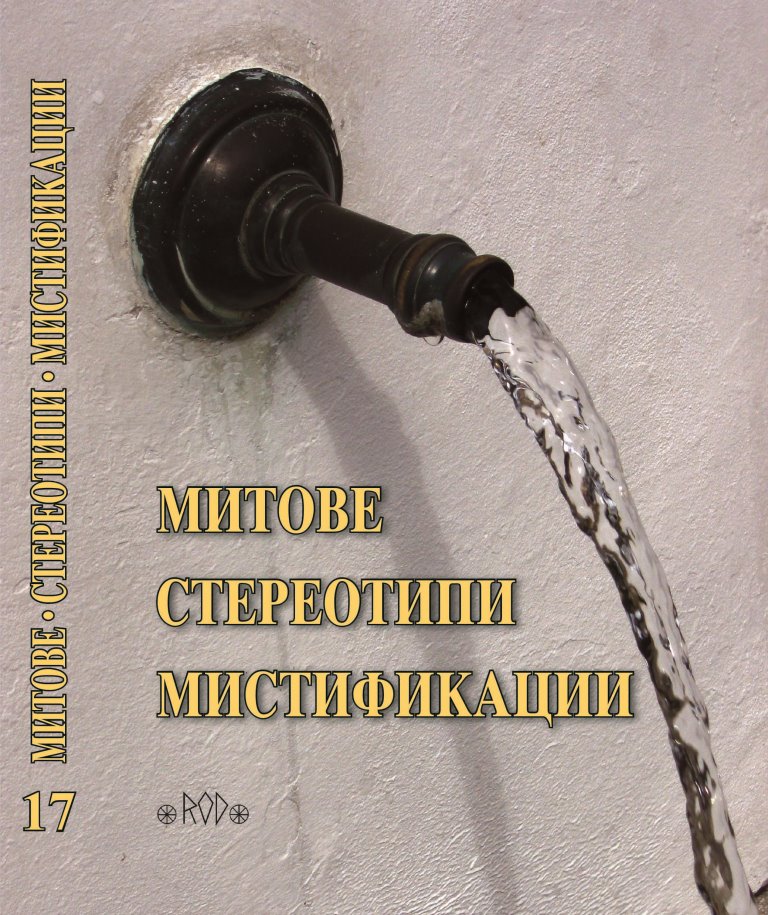Устойчивите сравнения като стереотипни магически ситуации: водата като природна стихия
Proverbial comparisons as stereotypical magical situations: water as a natural element
Author(s): Ekaterina StruganovaSubject(s): Anthropology, Social Sciences, Language studies, Language and Literature Studies, Customs / Folklore, Theoretical Linguistics, Applied Linguistics, Semantics, Pragmatics, Historical Linguistics, Comparative Linguistics, South Slavic Languages, Cultural Anthropology / Ethnology, Culture and social structure , Philology, Phraseology
Published by: Асоциация за антропология, етнология и фолклористика ОНГЬЛ
Summary/Abstract: In this article I make a review of the proverbial comparisons from the semantic field “natural elements” and track their connections to the stereotypes in thinking. Stereotypes I define according to E. S. Kubryakova’s “Short dictionary of the cognitive terms”. I want to understand, how in the formation and functioning of the proverbial comparisons is represented folk culture, primarily, ritual and ritual comparison. A lot of in¬formation give us proverbial comparisons, connected with water. As an example here I can state a custom of making kurban near the river, so that the blood of the animal would flow into it. This is made so that the milk of other animals flows like water, to have it a lot (Sofijsko). We can also state the expression “let it go like with water” and the rituals to pour water in front of someone, so that everything goes right (especially in time of the initiation). Also, to clarify this topic I include analyses of the spells, where the analogy between the illness or the symptoms, or the curing process and the outer world is vivid. For example, if someone wants to get rid of the warts, he or she cuts the stick and places them in the river, so that it takes them away together with the warts (Sofijsko, Dolni Lozen).
Journal: Годишник на Асоциация за антропология, етнология и фолклористика »Онгъл«
- Issue Year: 2019
- Issue No: 17
- Page Range: 234-243
- Page Count: 10
- Language: Bulgarian
- Content File-PDF

